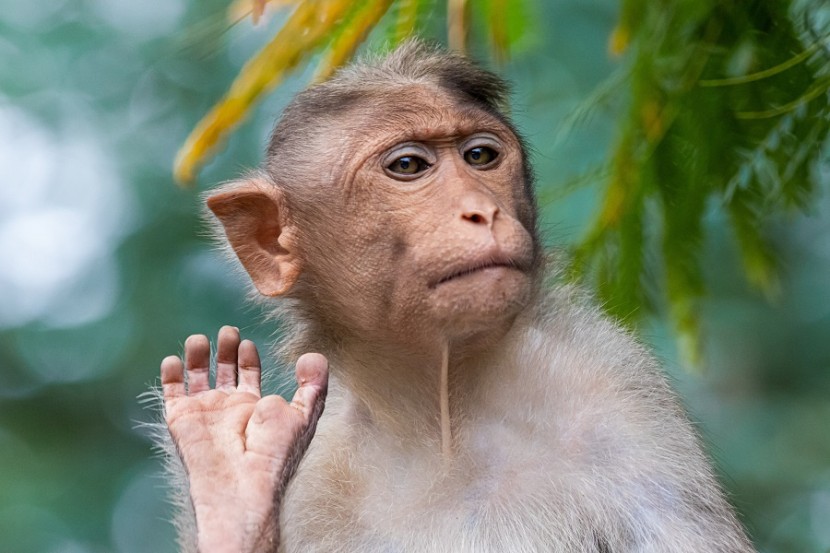
The Monkey B Virus has claimed its first victim in China. The Beijing veterinarian was also the country's first human case of Monkey B Virus infection (BV). He died as a result of the infection. The 53-year-old male veterinarian works for a non-human primate research facility. His family members are said to be safe against the illness.
In March of this year, the veterinarian dissected two deceased monkeys, and after a month, he developed signs of the virus. He was experiencing nausea and vomiting. On Saturday, China's CDC Weekly English Platform of the Chinese Center for Disease Control and Prevention released this information.
The vet sought treatment for the infection at several different facilities. He did, however, pass away on May 27, 2021. There has never been a death from the Monkey B Virus before his case. Researchers tested the veterinarian's cerebrospinal fluid in April and discovered he was infected with the virus. Meanwhile, all his family members were confirmed negative for the Monkey B virus, FirstPost reported.
What is the Monkey B virus?
The Monkey B virus, also known as the herpes B virus, is common in macaque monkeys but exceedingly rare and sometimes fatal in humans. According to Kentaro Iwata, an infectious disease researcher at Kobe University in Tokyo, it attacks the central nervous system and causes inflammation in the brain, resulting in loss of consciousness. If left untreated, the death rate is around 80%.
Since the first instance of primate-to-human transmission in 1932, there have been less than a hundred human infections of herpes B, most of them in North America, where experts are better aware of the disease. Although there are probably examples of the virus that have gone undiscovered, researchers believe it is a very unusual disease in people.
Veterinary doctors, scientists, and researchers who deal closely with primates and may be exposed to their body fluids through scratches, bites, or dissections have been the most common victims. Six weeks after a caged monkey hurled a drop of liquid at her face, injuring her eye, a primate researcher in New York died. There has only been one reported incidence of an infected human transmitting the virus to another person, according to the US Centers for Disease Control and Prevention.
According to Nikolaus Osterrieder, dean of Hong Kong's Jockey Club College of Veterinary Medicine and Life Sciences, both herpes B and the new coronavirus are "the result of species jumps." "But the important difference is that in the case from herpes B, it's a dead end. It's not jumping from one human to another human. SARS-CoV-2, on the other hand, acquired the ability to spread to a new host," he clarified, as per The Washington Post via MSN.
Read Also: Johnson & Johnson Orders to Recall 5 US Sunscreen Products Due to Benzene Traces
Could the Monkey B virus cause another pandemic?
According to research, the virus is difficult to spread from one person to another, making it less potent when compared to the magnitude of a worldwide pandemic. After being exposed to the virus for 1-3 weeks, the first symptoms generally appear. Fever, chills, muscular pain, tiredness, and headache are all symptoms of this virus, which are comparable to flu virus infections.
It is spread by direct contact and the exchange of body fluids. More than two dozen human deaths have been documented since the exposures involving Monkey B virus infection in 1933, with five of those occurring in the previous 12 years. The majority of these persons became infected by being bitten or scratched by a monkey, or after tissue or fluids from a monkey came into contact with their damaged skin, such as through a needle stick or a cut, News18 reported.
Related Article: CDC Warns New Deadly Soil Bacteria in the US; Infection's Origin Remains a Mystery
@YouTube
© 2026 HNGN, All rights reserved. Do not reproduce without permission.








